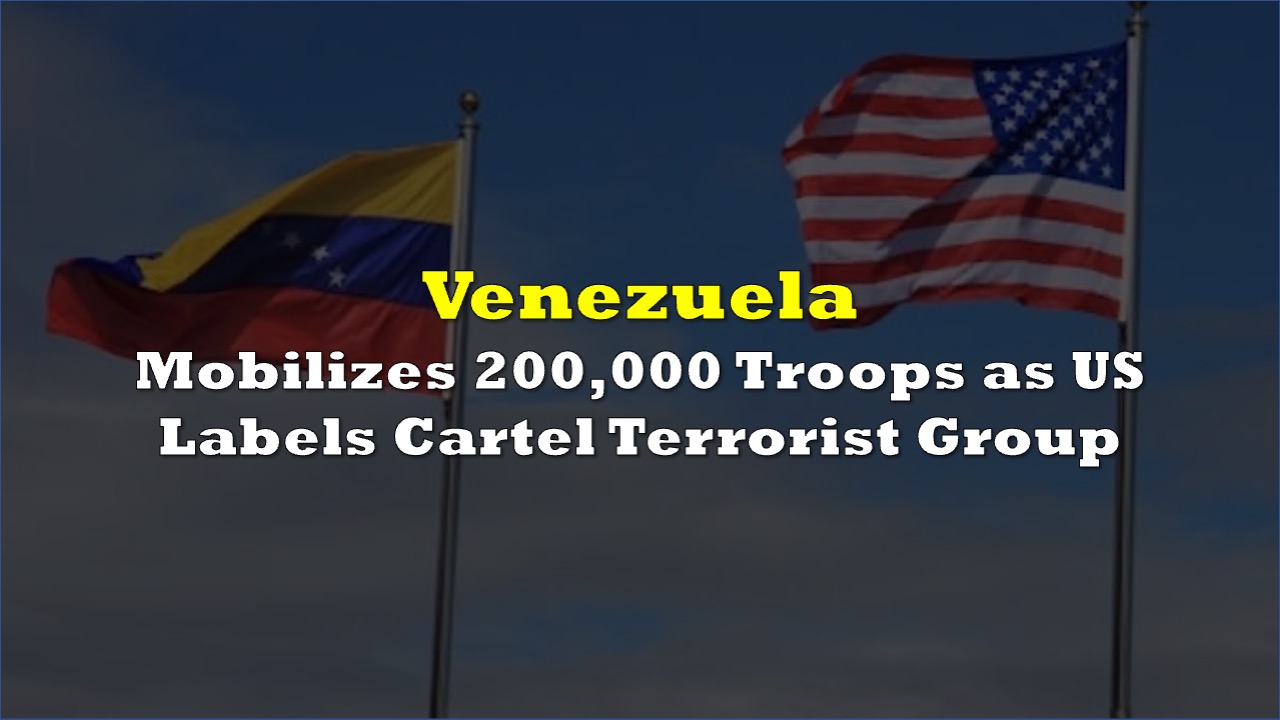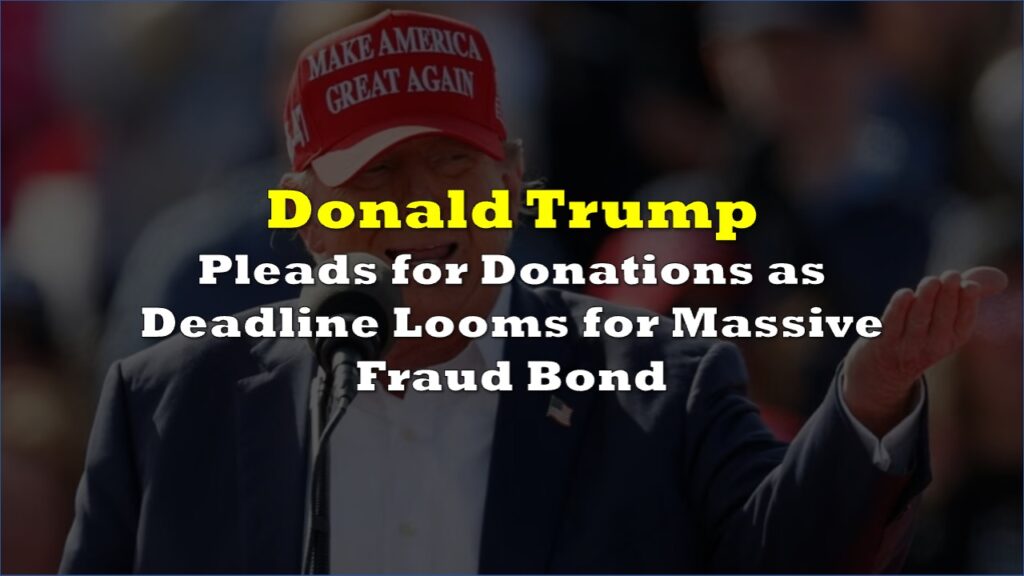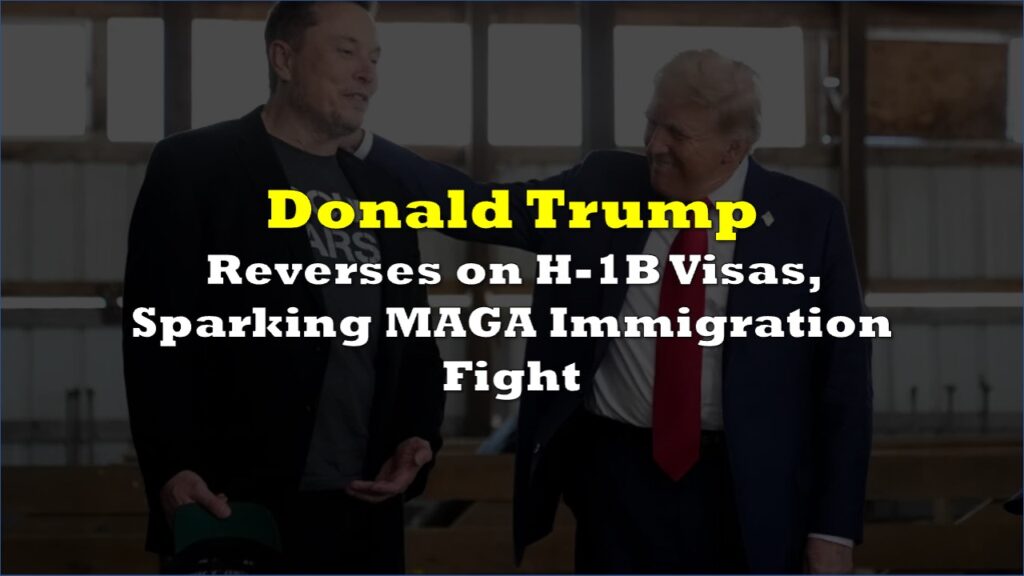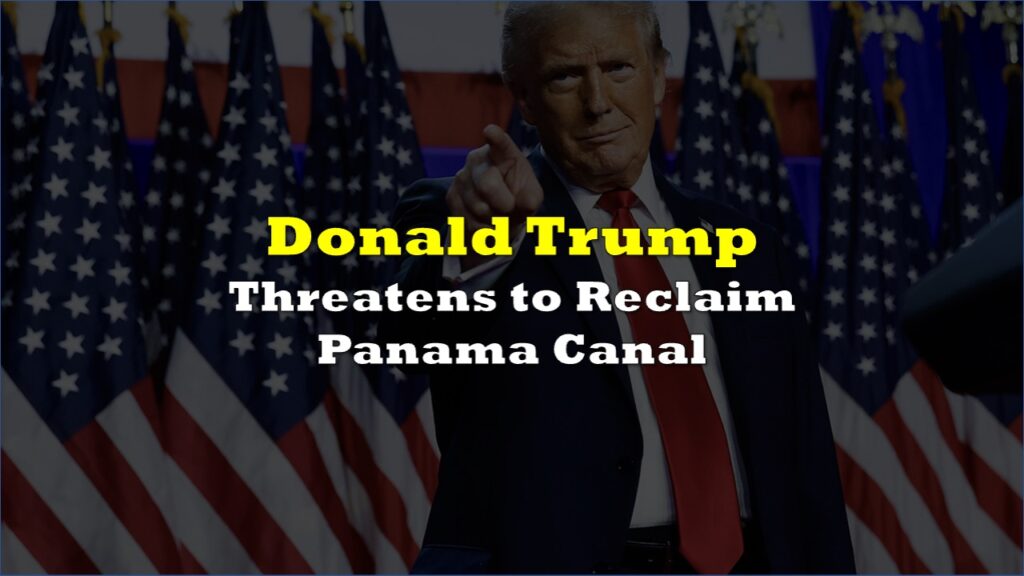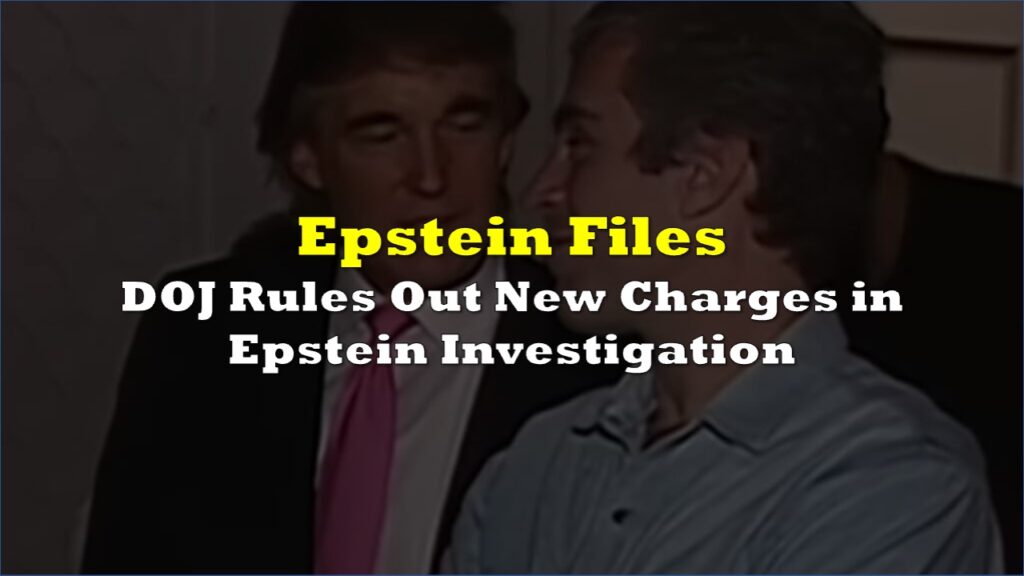Secretary of State Marco Rubio announced Sunday that the United States will designate Venezuela-based Cartel de los Soles as a Foreign Terrorist Organization, effective November 24, as tensions between Washington and Caracas reach their highest point in years.
The designation came hours after the USS Gerald R. Ford, the world’s largest aircraft carrier, entered the Caribbean Sea carrying approximately 4,000 sailors and numerous tactical aircraft. The deployment marks a significant escalation in US military presence near Venezuela, with more than 12,000 American troops now stationed in the region.
Rubio claimed that the cartel is headed by Venezuelan President Nicolás Maduro and other high-ranking regime officials. The State Department alleged in a press release that the organization has corrupted Venezuela’s governmental institutions, including its military, intelligence agencies, legislature, and courts. The department said the group has engaged in terrorist activities alongside other designated organizations such as Tren de Aragua and the Sinaloa Cartel.
looks like we're going to war with Venezuelahttps://t.co/X7GhrdbK2Z
— Ken Klippenstein (NSPM-7 Compliant) (@kenklippenstein) November 16, 2025
The Trump administration describes the military buildup as part of Operation Southern Spear, focused on combating narco-terrorism and drug smuggling. Since early September, US forces have conducted at least 21 strikes on vessels allegedly carrying drugs, resulting in 83 deaths. However, the administration has not released evidence supporting claims that those killed were narco-terrorists.
Related: US Announces Operation Southern Spear as Military Buildup Near Venezuela Intensifies
President Donald Trump told reporters Friday that he had ‘sort of’ made up his mind about Venezuela but declined to provide details. On Monday, he did not rule out sending US troops into the country, while also mentioning possible diplomatic talks with Maduro.
The designation as a Foreign Terrorist Organization allows the US government to freeze organizational assets in the country, ban members from entering the United States, and criminally prosecute anyone found providing material support to the group. The action will likely affect Maduro’s ability to travel to the United States, including for United Nations General Assembly meetings.
Venezuela responded by placing its military on heightened alert. Defense Minister Vladimir Padrino López announced that Venezuela placed its armed forces on full combat readiness and mobilized more than 200,000 troops.
Critics have questioned the administration’s justification for the military operations. Retired Admiral James Stavridis, former commander of US Southern Command, said the campaign is not about drugs but about intimidating Maduro. Analysis suggests that Venezuela functions more as a facilitator in the drug trade rather than its primary hub, with the main trafficking route beginning in Colombia and ending at the US-Mexico border.
Legal experts and human rights groups have called the vessel strikes illegal under US and international law. The Colombian and Venezuelan governments have accused the United States of extrajudicial murder. French Foreign Minister Jean-Noël Barrot criticized the operations during a G7 meeting in Canada, stating they violate international law and could contribute to regional instability.
The US Senate has twice voted against resolutions that would require congressional approval for further military action against Venezuela. The most recent vote on November 6 failed 49-51, with only two Republicans joining Democrats in support of limiting executive authority.
The organization takes its name from the sun emblems worn on Venezuelan military uniforms. The US Treasury Department sanctioned the cartel in July as a Specially Designated Global Terrorist organization. Venezuelan opposition figures and independent analysts have suggested that the true US objective is regime change rather than counternarcotics operations.
Senior military officials presented Trump with updated options for potential operations in Venezuela last week, including possible strikes on land targets. Options reportedly range from air strikes on military facilities and drug-trafficking infrastructure to more direct attempts to remove Maduro from power.
Information for this story was found via the sources and companies mentioned. The author has no securities or affiliations related to the organizations discussed. Not a recommendation to buy or sell. Always do additional research and consult a professional before purchasing a security. The author holds no licenses.

